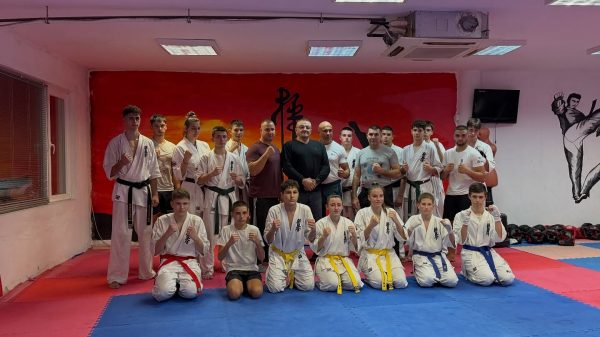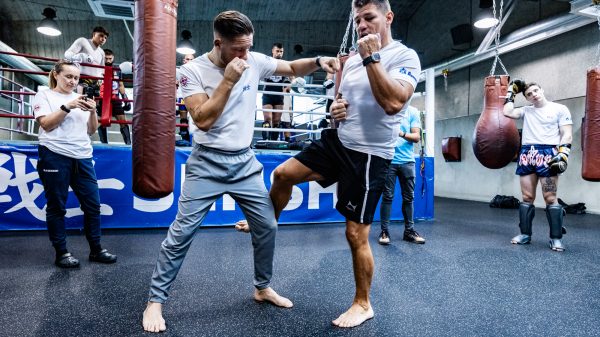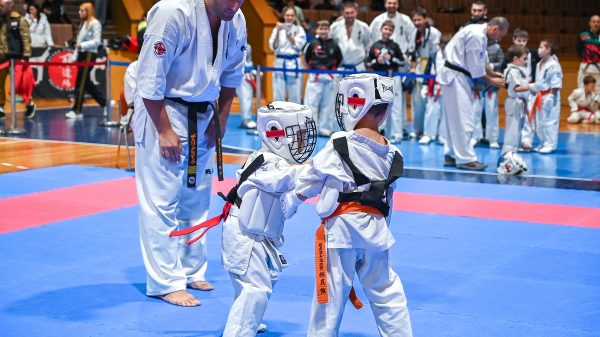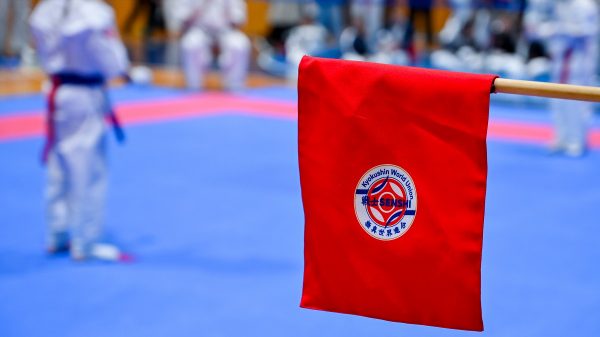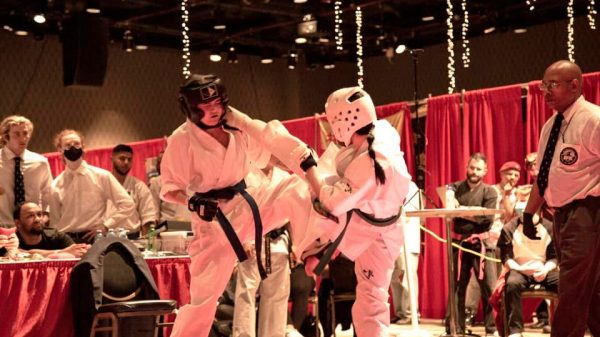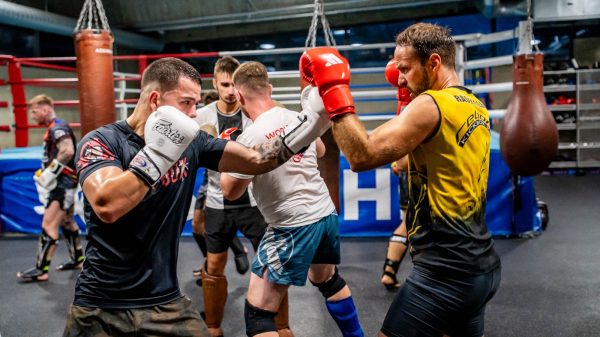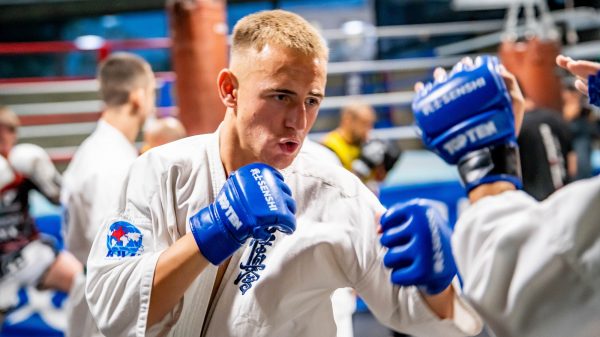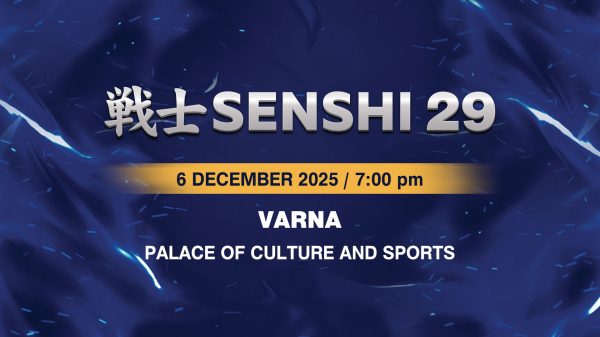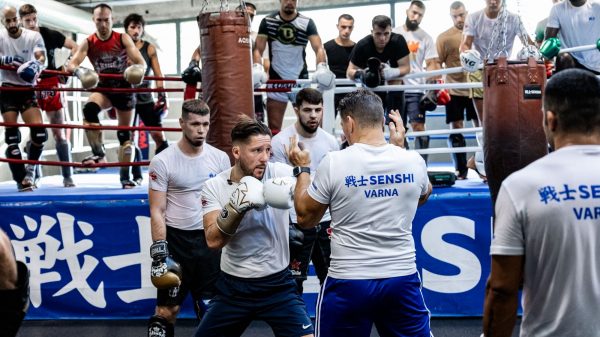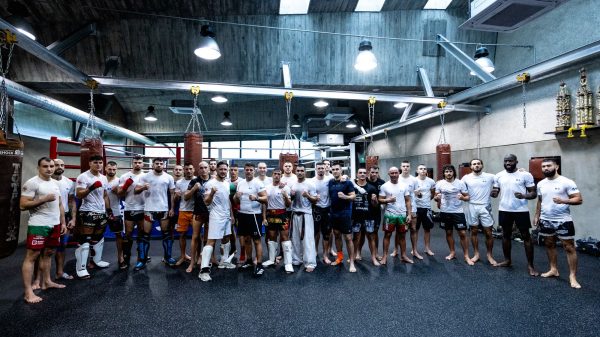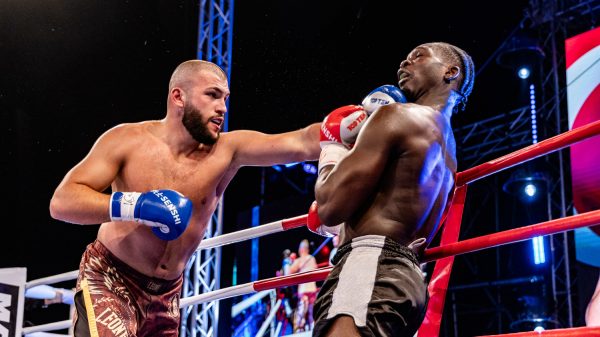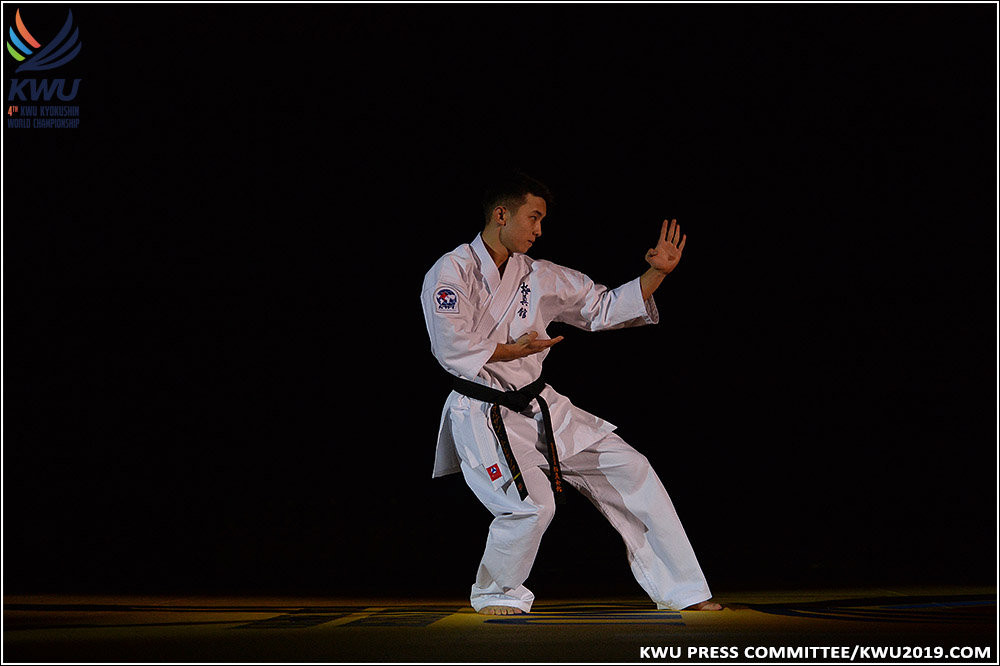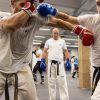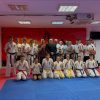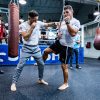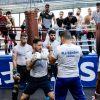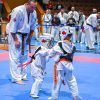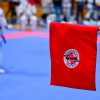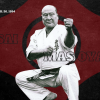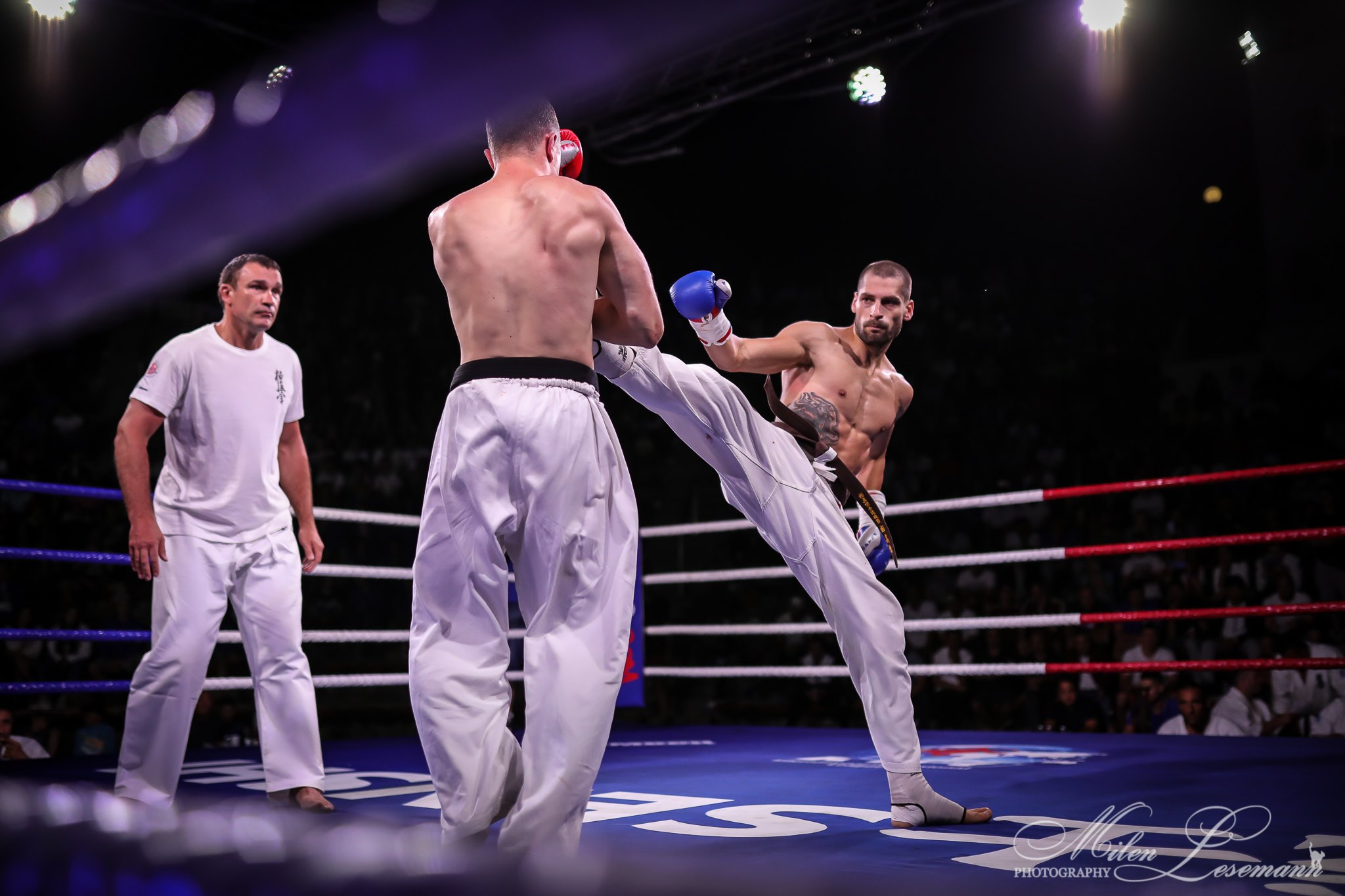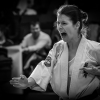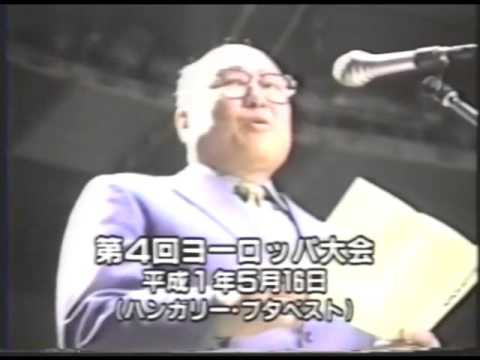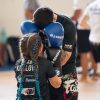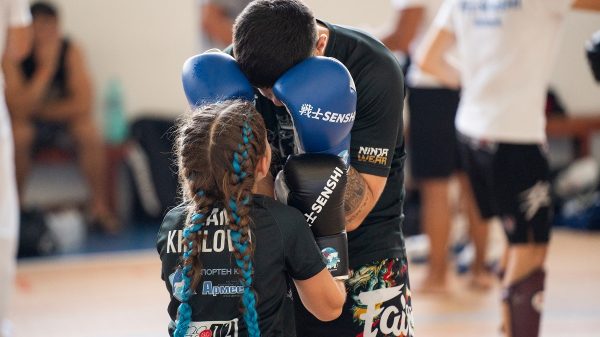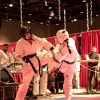What the Basic Philosophies of the Chinese Philosopher Mean to Us
“It is the man that can make the truly great, and not the truth that can make a man great.” —Confucius
Confucius was a philosopher and teacher who lived in China 2,500 years ago. He believed that the way to make the world a better place is to make yourself a better person and then change people by setting a good example.
Because of his emphasis on doing the right thing along with thinking good thoughts, Confucius has shaped the lives of martial artists everywhere.
In karate, it is especially important that we do the right thing. The punches and kicks we practice every day in class can hurt people badly, even cripple them. Since we know how to hurt people, we have a special responsibility to know when it’s right to fight and when it’s not — and it is the teachings of Confucius that many karate schools use to guide us.
One of the sayings of Confucius that is quoted most often is his version of the Golden Rule: “Do not do to others what you would not have them do to you.” In a karate class, following the Golden Rule is as simple as respecting your fellow students and listening to your instructor.
For instance, when you spar with other students, you must control your techniques. You wouldn’t want someone to blast you in the face with a reverse punch, so you don’t hit your partner as hard as you can, either.
Likewise, if you were an instructor, you wouldn’t want your students to ignore you or argue with you while you were teaching. You would want them to quietly listen to what you say and then try to follow your instructions. So as a student, you should show your instructor the same courtesy.
Confucius also insisted that we “… measure others by ourselves.” This means that, if we find fault with someone else, we should think about whether or not we share that fault before we criticize them.
For example, some karate students celebrate victory at a tournament by jumping around and shouting about how great they are. But before we dismiss them as obnoxious idiots, each of us should first ask ourselves:
“Have I ever done this? Have I ever been so proud of achieving something that I lost my head?” Most of us have. So when we measure others by ourselves, we see that we are not so different from them that we can judge them harshly.
But even if we are different, if we are more respected or talented, that still doesn’t mean we should treat them badly. As Confucius said, “The true man, having established his own character, seeks to establish the character of others; and having succeeded, seeks to make others succeed.”
This means that if you are considerate and a good sport, you should try to help the obnoxious tournament competitors mentioned above understand why it’s wrong to celebrate like that in front of a beaten opponent. It’s your duty to ask them how they would feel if someone did a victory dance after beating them.
In the same way, you have a duty to help the people you beat become better at karate. Once you’ve succeeded, you should help others succeed. This means that you should tell them how you beat them and offer to help them correct their flawed technique. It makes them better opponents and forces them to become better fighters. But more importantly, it can lead to friendship.
So, just like martial artists in ancient China and Japan, we learn the ideas of Confucius through martial arts. In the dojo (training hall), we learn how to treat people with respect, judge them fairly and help them succeed.
Although you can learn these things in a lot of places, learning them in a karate class gives you a special advantage. Like shotokan karate founder Gichin Funakoshi wrote, “What you have been taught by listening to others’ words you will forget very quickly; what you have learned with your whole body you will remember for the rest of your life.”
— Story by Garik Theov


